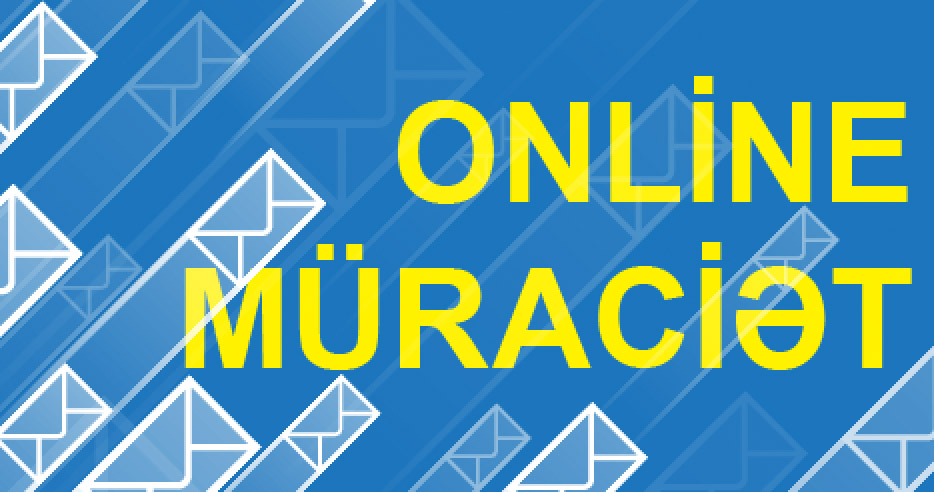Statement of the Azerbaijan Trade Unions Confederation on the Khojaly genocide
26 Feb 2021
February 26 marked the 29th anniversary of the Khojaly genocide committed by the Armenian armed forces.
The worst crime committed by Armenia against the civilian
population of Azerbaijan for many years took place in Khojaly.
On the night of February 25-26, 1992, armed Armenian
separatists together with the personnel of the 366th Regiment of the USSR Armed
Forces stationed in Khankendi attacked and committed genocide against the
civilian population of Khojaly. The city with a population of 7,000 was
destroyed. Because the city's population was Azerbaijani, Turkish, and Muslim,
it was massacred. The most ruthless methods of oppression were used against the
civilian population - the elderly, women, children and the sick. As a result,
5379 people of Khojaly were deported, 613 people, including 106 women, 63
children and 70 elderly people were killed with special cruelty, all members of
8 families were killed, only one member of 27 families survived, 239 heads of
families were killed. . At the same time, 487 people were seriously injured,
1275 people were taken prisoner, including the fate of 150 of them is still
unknown. Of these, 68 were women and 26 were children.
During the massacre, in violation of international law,
the hostages were shot in front of their loved ones, their heads were skinned,
various limbs were cut off, the eyes of infants and the elderly were removed,
and they were buried alive. Captive Azerbaijani self-defense forces were
"sacrificed", humiliated and insulted on Armenian graves. The
hostages were also subjected to the most brutal torture.
This policy against Azerbaijan is a crime against peace
and humanity, as well as international humanitarian law, in particular the
Geneva Conventions of 1949, the Convention on the Prevention and Punishment of
the Crime of Genocide, the International Covenant on Civil and Political
Rights, and the International Covenant on Economic, Social and Cultural Rights.
, The Convention against Torture and Other Cruel, Inhuman or Degrading
Treatment or Punishment, the International Convention on the Elimination of All
Forms of Racial Discrimination, the Convention on the Rights of the Child and
the Convention for the Protection of Human Rights and Freedoms.
At present, the international recognition of the Khojaly
genocide has been identified as one of the main directions of the foreign
policy of the Republic of Azerbaijan. As a result of the work done within the
"Justice for Khojaly" campaign organized by the Heydar Aliyev
Foundation, the world community is being informed about the Khojaly genocide
and various countries are giving an international legal assessment to the
tragedy. Over the past period, the legislatures of 17 countries, as well as 23
US states and the Organization of Islamic Cooperation have adopted resolutions
and other documents on the Khojaly genocide. Despite all this, to date, none of
those directly involved in the crimes committed by the Armenian armed forces against
humanity in Khojaly has been prosecuted.
The commission of serious crimes against civilians during
the conflict is an unchanging state policy pursued by the Armenian government
throughout history. During the Armenian military aggression in the early 1990s
and the ceasefire that existed for the next 29 years, the Armenian army
committed and continues to commit crimes against the Azerbaijani civilian
population in the civil war that began on September 27, 2020 as a result of
another provocation by the Armenian Armed Forces. Hundreds of kilometers away
from the zone of military operations by Armenia, more than 100 civilians were
killed, more than 400 people were injured and more than 4,000 people were
killed as a result of the bombing of Ganja, Barda, Tartar, Agjabadi, Naftalan
and other cities, regions and settlements. Many residential buildings,
including more than 135 high-rise buildings, were destroyed. Both the Khojaly
genocide in 1992 and the bombing of the civilian population in 2020 are clear
manifestations of Armenia's purposeful policy of violence against Azerbaijanis.
The Khojaly genocide committed by the Armenian armed
forces on February 26, 1992 by the Confederation of Trade Unions of Azerbaijan,
which unites hundreds of thousands of members.






















